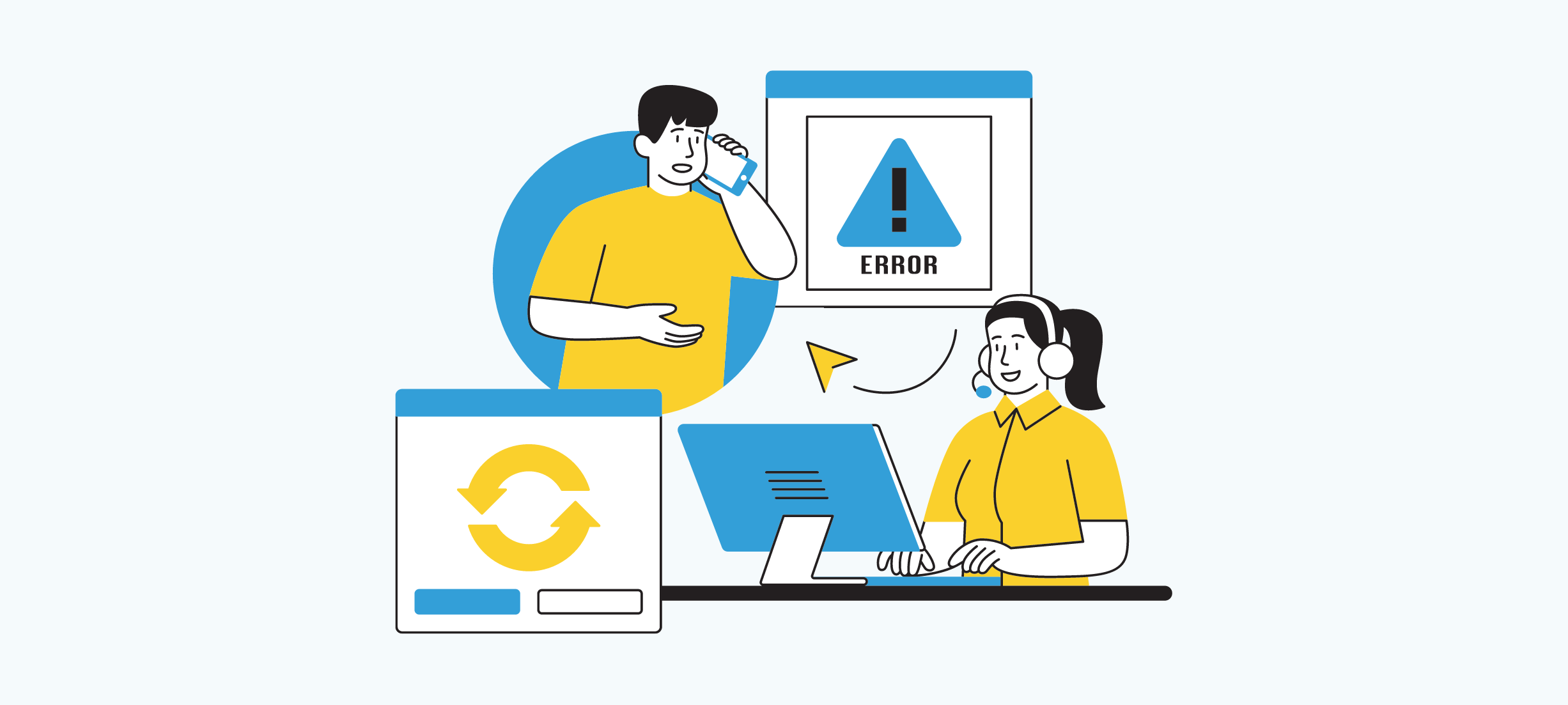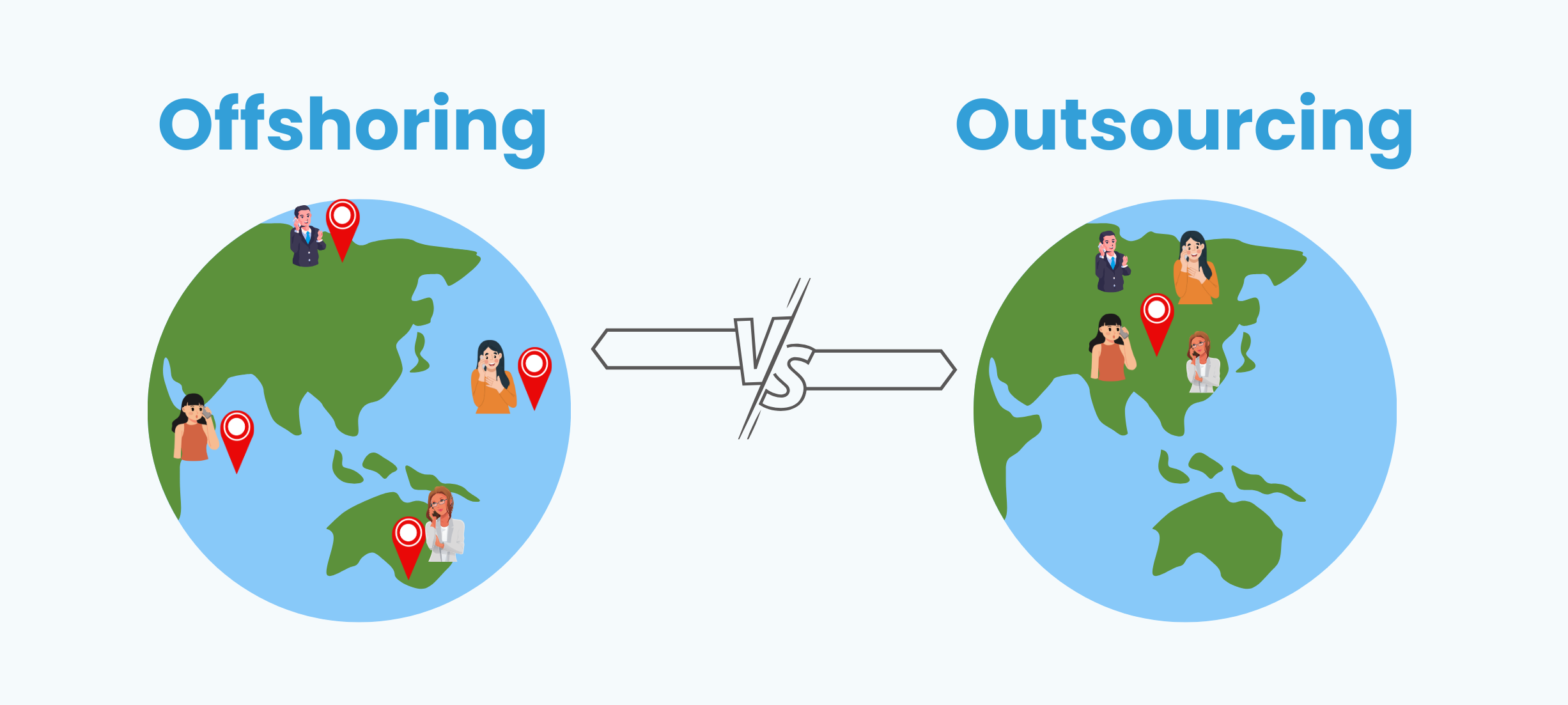Tax season is a critical time of year for businesses of all sizes, especially for small businesses. Proper tax preparation not only ensures compliance with tax laws but also plays a significant role in managing your finances wisely. In this comprehensive guide, we will delve into various aspects of getting your business tax-ready for the upcoming season.
How much do small businesses pay in taxes?
For small businesses, using tax preparation services is a major financial requirement. The amount you’ll pay depends on several factors, including your business structure (sole proprietorship, partnership, corporation, or LLC), income, expenses, and location. Small business taxes typically include income tax, self-employment tax (if you’re a sole proprietor or partner), employment tax (if you have employees), excise tax (if applicable), and estimated tax payments.
How to file income tax?
Filing income tax for your small business involves reporting your business income and expenses on the appropriate tax forms. The specific form you’ll use depends on your business structure. For example, sole proprietors report business income and expenses on Schedule C of their personal tax return, while corporations file a separate business tax return (Form 1120). It’s essential to keep accurate records and consult with a tax professional or use tax software to ensure correct filing.
How to file self-employment tax?
If you are a sole proprietor, partner, or a member of an LLC, you may be subject to self-employment tax. This tax covers your contributions to Social Security and Medicare. To file self-employment tax, you’ll use Schedule SE when filing your income tax return. This form calculates your self-employment tax liability based on your net self-employment income.
How to file employment tax?
If you have employees, you’ll be responsible for withholding payroll taxes (income tax, Social Security, and Medicare) and submitting them to the IRS. You’ll also need to match your employees’ Social Security and Medicare contributions. Filing employment tax involves reporting and remitting these amounts to the IRS using Form 941 or Form 944, depending on your business’s size.
How to file excise tax?
If your business involves the manufacturing or sale of specific products, the use of various equipment and facilities, or the receipt of payments for services, it’s incumbent upon you to meet your excise tax obligations. Additionally, excise taxes may apply to certain activities, such as wagering or the usage of highways by trucks.
How to file estimated tax?
Small business, especially self-employed individuals and corporations are required to make estimated tax payments throughout the year to cover their annual tax liabilities. The IRS provides Form 1040-ES for individuals and Form 1120-W for corporations to calculate and submit estimated tax payments. Accurate estimation is vital to avoid underpayment penalties.
Tax preparation tips
To make the tax preparation process smoother and ensure accuracy, consider the following tips:
1: Organize your financial records
Ensuring that your financial records are well-organized is a fundamental step when planning and preparing your taxes. Many e-commerce business owners tend to delay collecting their financial information until the tax season starts. However, this often results in a rushed and hectic process. Consider using automation software to streamline this process. Automation software can connect your sales channels and payment platforms to your accounting system, automating the collection of accounting records and eliminating the need for manual data entry.
2: Categorize your expenses carefully
Accurate categorization of your business expenses is critical for small business tax preparation. Properly categorized expenses can lead to significant tax deductions, reducing your overall tax burden. Deductible expenses are those that meet IRS criteria, typically described as ordinary and necessary expenses for your trade or business. These expenses can include business travel, meals, insurance, car usage, home office expenses, education costs, and more. Automation software can help streamline this process by applying automated categorization rules.
3: Maintain accurate payroll records
If your small business has employees, you’re responsible for withholding income taxes from their paychecks and managing Social Security and Medicare taxes. Maintaining accurate payroll records is crucial for correct employment tax filing during the tax season.
4: Gather required documents
When working with a tax preparer, it’s essential to gather all the necessary documents before scheduling an appointment. The required documents may vary based on your business type, but the minimal set usually includes the previous year’s tax return, financial statements, records of capital asset activity, and documentation related to vehicle use or home office expenses.
5: Choose a qualified tax preparer
Selecting a tax professional to help with your tax preparation is a critical decision. Ensure the preparer has a Preparer Tax Identification Number (PTIN) issued by the IRS, possesses the necessary skills and expertise, and is recognized by the IRS. You can verify a preparer’s credentials through the Directory of Federal Tax Return Preparers or consider tax specialists affiliated with national tax professional organizations.
With these tips in mind, you can approach your tax preparation with confidence and efficiency, making the process smoother for both you and your tax preparer.
Conclusion
Getting your small business tax-ready for the upcoming season is crucial for financial stability and legal compliance. The amount of taxes you’ll pay and the forms you need to file depend on your business structure, income, and expenses. By following the steps outlined in this guide and adhering to sound tax preparation practices, you can navigate tax season with confidence and maximize your deductions, ultimately helping your business thrive.
If you’re looking for expert assistance during tax season, consider the benefits of partnering with a professional outsourced bookkeeping and accounting service like BookkeeperLive. We specialize in tax preparation and provide accurate accounting services for small businesses, taking the burden off your shoulders. Our team of experienced professionals can help you navigate the complex tax landscape, ensuring accurate and compliant filings.
By choosing BookkeeperLive, you will not only give your business a tax consultant but also get the most affordable tax service that comes with professional expertise. We are dedicated to helping you maximise deductions, reduce your tax liability, and keep your financial records in order. If you need any tax help, then reach out to us today and experience a smoother, more efficient tax season with BookkeeperLive by your side.








